How can I improve my Confidence in my People Skills?
Learn how to feel better about your people skills in number of ways.

Selfpause Affirmation App
Download the app to get 1,000’s of affirmation meditations and everything you need to write, record and listen to your own.
People skills, which are also called “interpersonal skills,” are important for both personal and professional success. They involve being able to talk to people well, make friends, and work together with others. But many people have trouble believing in their people skills, whether because they are shy, have social anxiety, or just don’t have enough experience. You can feel better about your people skills in a number of ways, which is good news.
Try to listen actively.
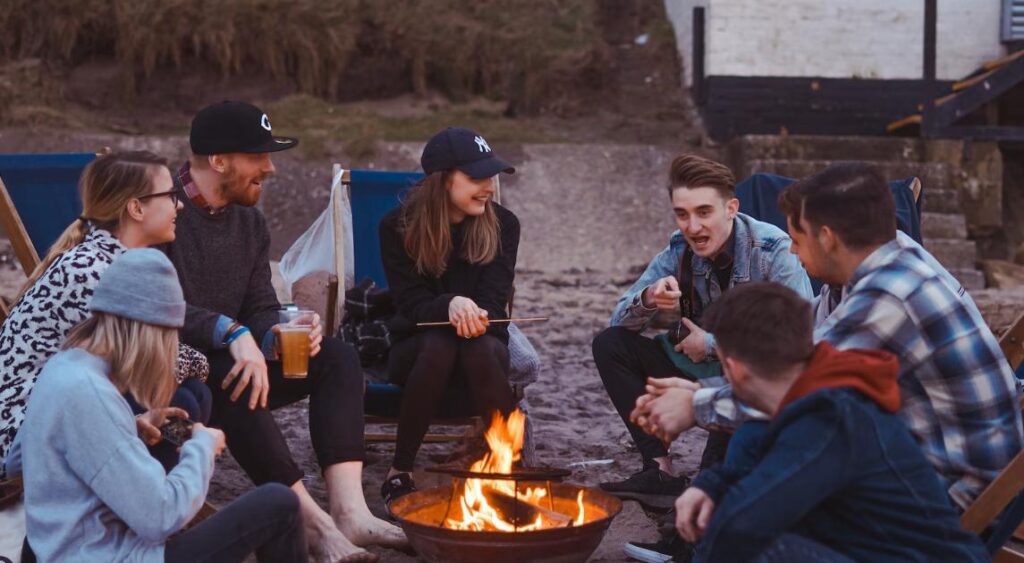
Active listening is a very important social skill. It means giving the person you’re talking to your full attention and responding in a way that shows you understand and care. Focus on keeping eye contact, avoiding distractions, and asking questions to make sure you understand what the other person is saying. By practicing active listening, you’ll be able to build stronger relationships and communicate better with others, which can boost your confidence in your people skills.
Learn to read people’s bodies

Body language is an important part of communicating with other people because it can tell you a lot about what someone is thinking, feeling, and planning to do. Learning to read other people’s body language can help you understand them better and know how to act in social situations. If you want to learn more about body language, you could take a class or workshop, read books on the subject, or just practice being observant in everyday situations.
Look for ways to meet people.
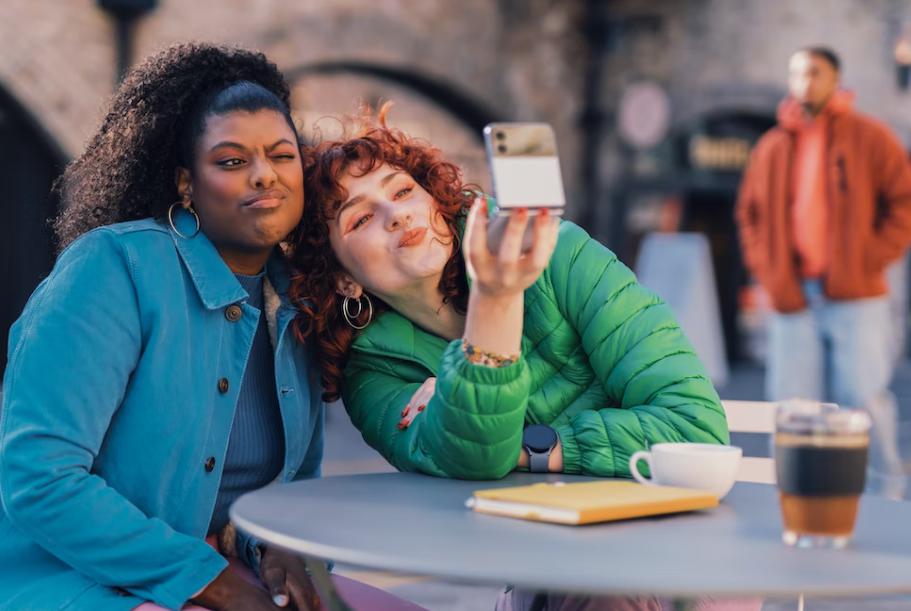
One of the best ways to get better with people is to find social situations where you can practice your skills in a low-pressure setting. This could mean going to events to meet new people, joining a club or group, or just spending more time with friends and family. By putting yourself in social situations, you’ll have more chances to practice your people skills and build your confidence.
Help out or take on a leadership position
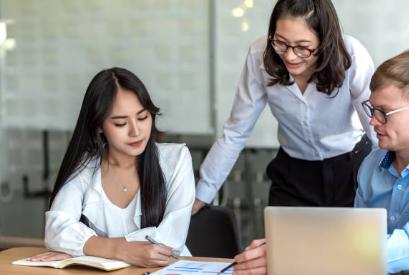
You can also build your confidence in your people skills by doing things like volunteering or taking on leadership roles. These activities can give you chances to work with other people, improve your communication and teamwork skills, and help your community. By taking on new challenges and responsibilities, you can get out of your comfort zone and gain new skills and experiences that will boost your confidence.
Try being assertive.
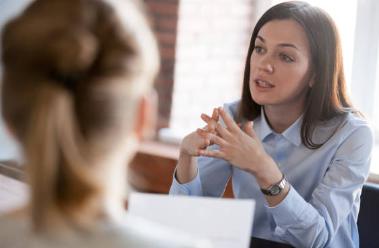
Assertiveness is an important social skill that involves being clear and respectful about your needs and limits. Focus on using “I” statements to talk about your thoughts and feelings, speaking with confidence and clarity, and being willing to make concessions when it makes sense. By practicing assertiveness, you’ll be able to communicate better with others and build stronger relationships, which can boost your confidence in your people skills.
Learn how to handle arguments.

Conflict is a normal part of how people interact with each other, and it’s important to learn how to deal with it well. Focus on active listening, being clear about your needs and limits, and being willing to compromise or find solutions that work for both sides. By learning how to handle conflicts well, you’ll be able to handle tough situations with confidence and build stronger relationships with other people.
Learn to care.

Empathy is the ability to understand and share other people’s feelings. It is a key part of good communication and building relationships. Focus on actively listening to other people, thinking about their points of view, and responding in a way that shows you understand and care. By learning empathy, you’ll be able to connect with people better and talk to them more clearly, which can boost your confidence in your social skills.
Ask for comments
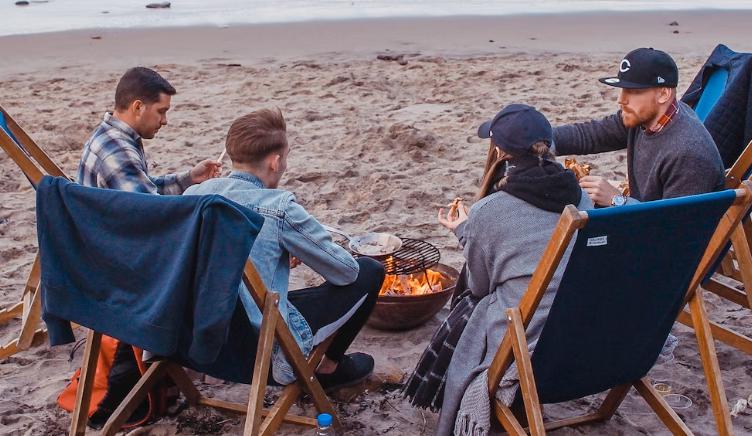
Lastly, getting feedback from others can help you improve your people skills and boost your confidence. Get feedback from people you trust, like friends, family, or coworkers, and ask for specific ways to improve. By asking for feedback, you can figure out where you can improve and make a plan for growth and development.
In conclusion, getting more confident in your people skills takes time and work, but it is an investment in your personal and professional growth that is worth making. By practicing active listening, learning to read body language, looking for social opportunities, volunteering or taking on leadership roles, practicing assertiveness, learning to handle conflicts, building empathy, and getting feedback, you can improve your people skills and gain the confidence you need to succeed in any situation. Remember that building people skills is an ongoing process, and it’s important to be patient with yourself as you work to improve these important skills. You can become a confident and effective communicator and build strong, meaningful relationships with other people if you work hard and put in the time.
